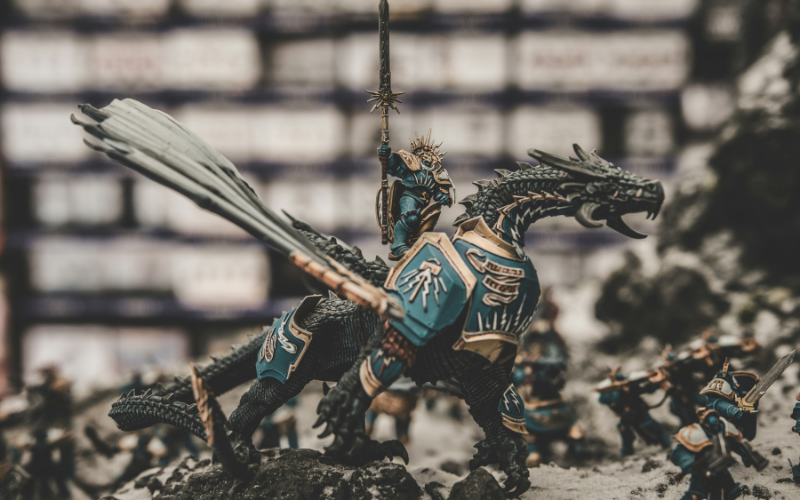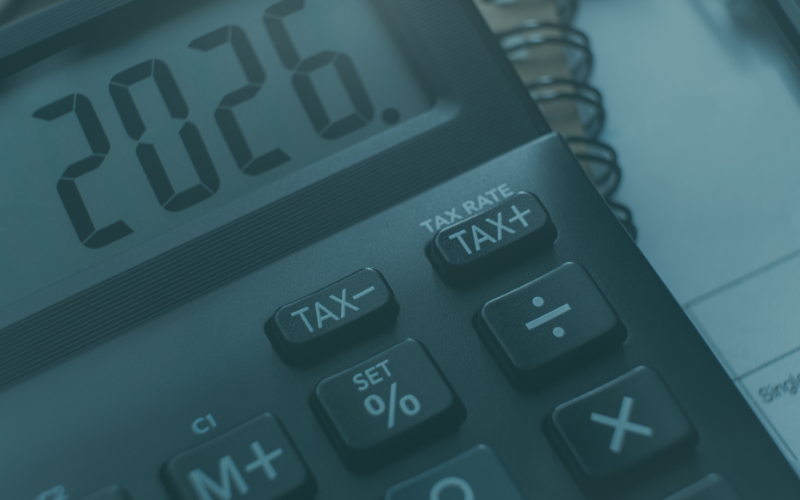Markets bottomed just days after President Trump announced reciprocal tariffs on April 2, 2025 – dubbed “Liberation Day” – as renewed inflation and recession risks spooked investors.
Since then, equities have staged an extraordinary rally. The S&P 500 surged 27% through July 31st, with the technology-heavy Nasdaq posting even greater gains.
A Speculative Rally
Much of the rally has been fueled by speculation. Investors poured money into low-quality stocks: unprofitable companies, heavily shorted stocks, meme stocks, and cutting-edge technologies.
Bespoke Investment Group noted that, of the 14 Russell 3000 companies whose share prices more than tripled between the April 8 market low and mid-June, 10 were unprofitable enterprises.
Heavily shorted stocks, often businesses with weakening fundamentals, have rallied 68% since the April bottom1, nearly tripling the S&P 500’s gain.
Meme stocks have also reappeared. While the specific names have changed, the strategy remains the same. Retail investors drum up feverish support for certain stocks on platforms such as Reddit’s r/wallstreetbets.
You might recall AMC Entertainment, a meme stock that retail traders piled into in 2021, squeezing several hedge funds into closing their short positions to limit mounting losses. AMC’s stock price rocketed from around $10 to $320 before collapsing to under $3 today (September 2025), a loss of roughly 99% from its peak.
The Enablers
Platforms like Robinhood, which gained popularity during Covid, encourage speculation through highly levered strategies such as options and margin trading.
In August, the world’s largest derivatives marketplace, CME Group, announced a partnership with FanDuel, the online sportsbook and casino. Their new platform will allow users to express market views with simple yes/no trades for as little as $1, covering everything from the S&P 500 and Nasdaq-100 to oil, gold, cryptocurrencies, and key economic indicators.
We can expect more speculation ahead.
Artificial Intelligence
Market extremes are defined by irrationality. During booms, investors apply record-high valuation multiples to record-high earnings. At bear market lows, depressed multiples are applied to depressed earnings. Rational investors should do the opposite: apply caution when earnings appear unsustainably high, and higher multiples when earnings are abnormally low.
Artificial Intelligence are transformative technologies with profound economic and social implications. It’s already driving efficiency in many domains and could unleash a new era of productivity. But that also comes with the potential for excessive optimism and the corresponding risk of misallocating capital.
The great innovations of the past have often led to bubbles, for instance: railroads in the 1800s, and dot-coms in the 1990s. Time will tell what happens with AI.
Our Funds
QV’s approach is to find the easiest, lowest-risk path to compounding our stock portfolios at attractive rates over time. We believe this can be achieved by owning businesses with long track records that have successfully navigated multiple economic cycles, all the while staying disciplined to our process and avoiding major mistakes.
Most clients are pleased with our results, despite underperformance in speculative markets. Still, it’s human nature to compare our performance to friends and neighbours who might be doing better in today’s speculative markets.
The Curse of the Risk Manager
Being a risk manager is often a thankless job. It’s impossible to fully appreciate efforts to protect against accidents that may or may not happen. On the contrary, risk managers often look unnecessarily concerned about safety while everyone else is throwing caution to the wind, enjoying “easy” money. But big gains driven by speculation are often the result of imprudent risk-taking rather than the fruit of long-term wealth creation.
[1] GMO Asset Allocation Insights: Frenzied Speculation in U.S. Stocks, August 2025





